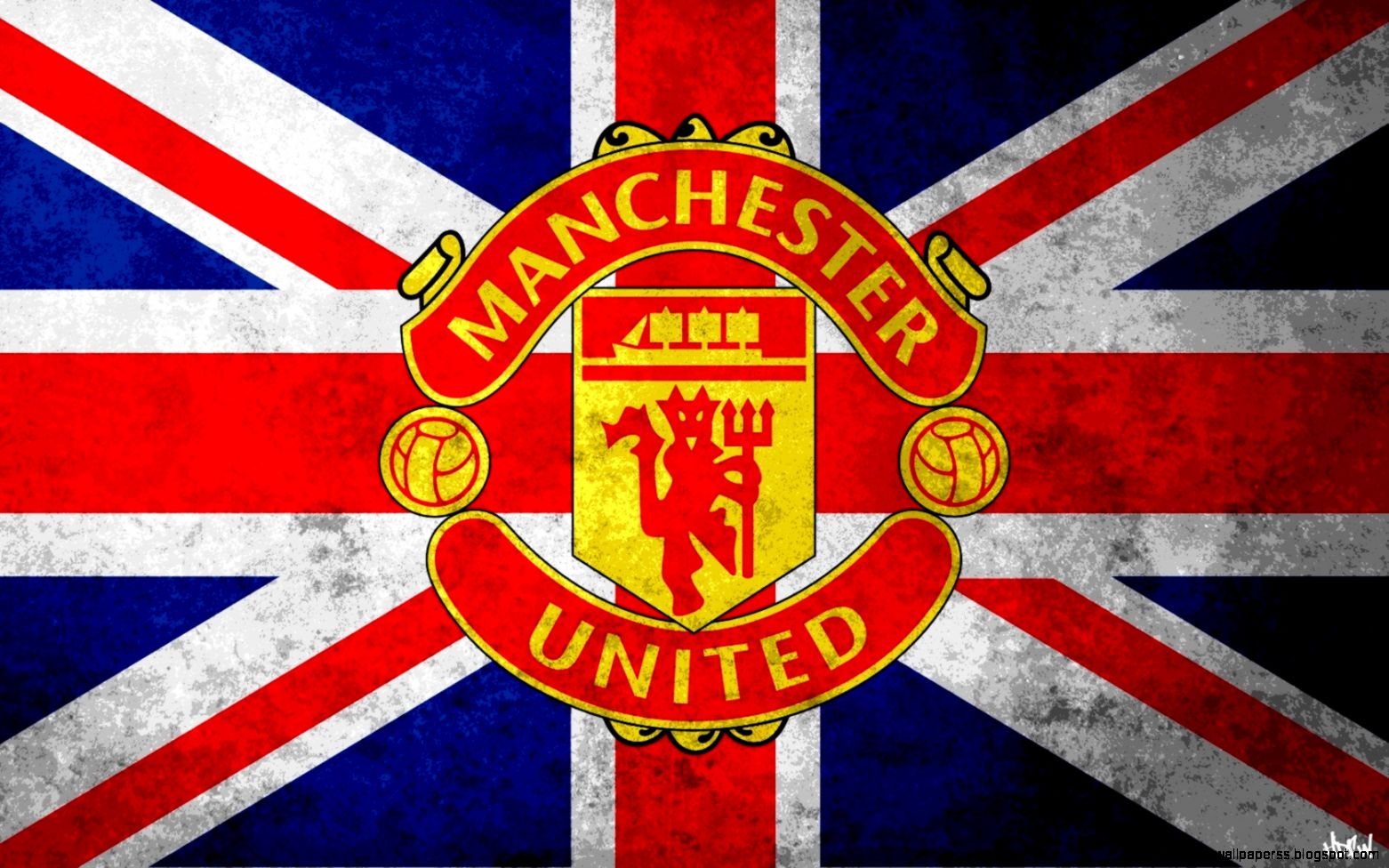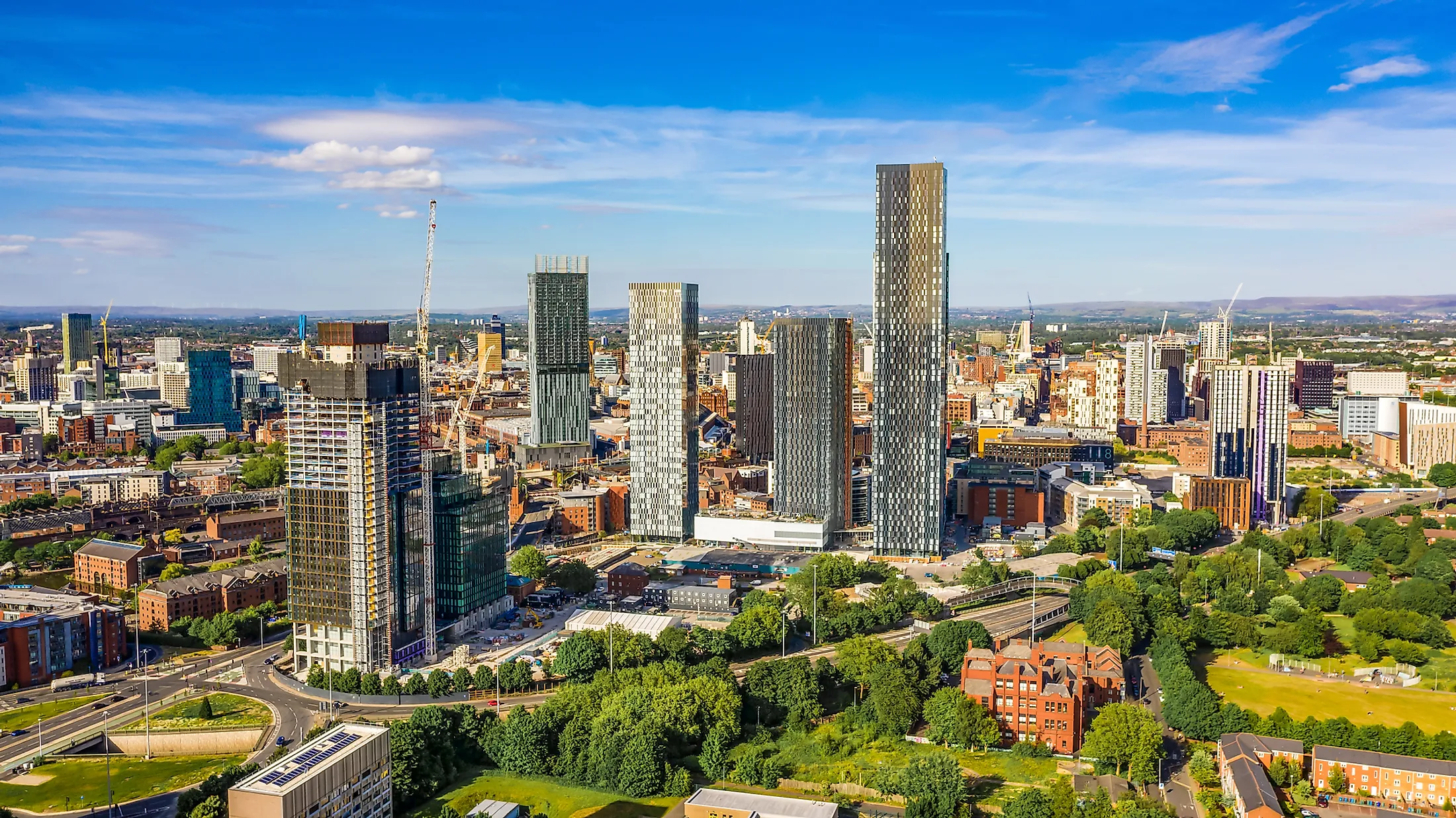United Kingdom Manchester United, a name synonymous with footballing excellence, boasts a rich history spanning over a century. From its humble beginnings to its current status as a global brand, the club’s journey is a compelling narrative of triumphs, tribulations, and unwavering support from a vast and passionate fanbase. This exploration delves into the club’s historical milestones, its global reach, economic impact, iconic stadium, and its enduring relationship with the city of Manchester, ultimately projecting its future prospects.
This in-depth analysis examines key moments in Manchester United’s history, highlighting the contributions of legendary figures like Sir Matt Busby and Sir Alex Ferguson. We will explore the club’s financial prowess, its global marketing strategies, and its deep-rooted connection with the city of Manchester. The study also assesses the club’s current standing and forecasts its future trajectory in the ever-evolving landscape of professional football.
Manchester United: A Global Football Powerhouse: United Kingdom Manchester United
Manchester United, one of the world’s most recognizable football clubs, boasts a rich history, a massive global fanbase, and a significant economic impact. This article delves into the various facets of this iconic club, exploring its historical milestones, its global reach, its economic contributions, its iconic stadium, its relationship with Manchester, and its future prospects.
Manchester United Football Club History
From its humble beginnings as Newton Heath LYR Football Club to its current status as a global brand, Manchester United’s journey is marked by periods of triumph and adversity. The club’s evolution is intrinsically linked to the leadership and vision of key figures like Sir Matt Busby and Sir Alex Ferguson.
| Year | Event | Personalities Involved | Significance |
|---|---|---|---|
| 1902 | Club renamed Manchester United | Club Directors | Marked a turning point in the club’s identity and trajectory. |
| 1952-1969 | The Busby Babes Era | Sir Matt Busby, Duncan Edwards, Bobby Charlton | A period of remarkable success, tragically cut short by the Munich air disaster. |
| 1968 | European Cup victory | Sir Matt Busby, Bobby Charlton, Denis Law | Manchester United’s first European Cup triumph, a landmark achievement. |
| 1977 | FA Cup victory | Tommy Docherty, Stuart Pearson | A significant win after a period of relative underachievement. |
| 1992-2013 | The Ferguson Era | Sir Alex Ferguson, Ryan Giggs, David Beckham, Cristiano Ronaldo | An unprecedented period of dominance, marked by numerous Premier League and Champions League titles. |
| 2008 | Champions League victory | Sir Alex Ferguson, Cristiano Ronaldo, Wayne Rooney | Secured a second Champions League title for the club. |
| 2017 | Europa League victory | José Mourinho, Paul Pogba | A significant win, securing qualification for the Champions League. |
Manchester United’s Global Fanbase
Manchester United’s global appeal is undeniable, with a vast and diverse fanbase spanning continents. This widespread support is a result of several factors, including the club’s historical achievements, iconic players, and strategic marketing efforts.
- Asia: High concentration of fans, particularly in India, China, and Southeast Asia. Strong brand recognition and cultural resonance contribute to this popularity.
- Africa: Significant fan base across various countries, fueled by the club’s strong historical presence and the global reach of the Premier League.
- North America: Growing fan base, boosted by increased media coverage and the club’s strategic outreach initiatives.
- Europe: Strong traditional support across various European countries, particularly in the UK. This fanbase is deeply rooted in the club’s history and success.
- South America: A developing fan base, driven by the club’s global marketing campaigns and the popularity of the Premier League.
The club actively engages with its international fanbase through social media, global tours, and localized marketing campaigns. This ensures a connection with fans regardless of their geographical location.
The Economic Impact of Manchester United in the UK
Manchester United’s economic contribution to the UK is substantial, extending beyond its immediate surroundings. Revenue streams encompass broadcasting rights, commercial partnerships, matchday revenue, and merchandise sales. This economic influence can be compared to other major UK sports teams, though the precise figures are often commercially sensitive.
| Revenue Stream | Estimated Revenue (Illustrative Figures) |
|---|---|
| Broadcasting Rights | £XXX Million |
| Commercial Partnerships | £YYY Million |
| Matchday Revenue | £ZZZ Million |
| Merchandise Sales | £WWW Million |
Note: These figures are illustrative and intended to represent the relative importance of different revenue streams. Precise figures are not publicly available due to commercial confidentiality.
Manchester United’s Stadium and Infrastructure, United kingdom manchester united
Old Trafford, the club’s home ground, is a legendary stadium with a rich history and iconic architecture. Its capacity and facilities cater to a large number of fans, making it a premier football venue. The stadium’s exterior is characterized by its imposing stands and distinctive architecture, while the interior provides a modern and comfortable viewing experience for spectators.
Old Trafford’s capacity is approximately 74,000, making it one of the largest football stadiums in the UK. The stadium features numerous amenities, including numerous food and beverage outlets, modern restrooms, and ample parking facilities. Compared to other major UK football stadiums, Old Trafford maintains a unique character and historical significance.
Manchester United and the City of Manchester
The relationship between Manchester United and the city of Manchester is deeply intertwined, extending beyond the realm of sport. The club’s social and cultural impact on the city is significant, fostering community spirit and civic pride. Numerous community initiatives undertaken by the club demonstrate its commitment to the local community.
Explore the different advantages of manchester united interim coach that can change the way you view this issue.
- The club’s Foundation actively engages in various community projects, supporting local initiatives and charities.
- Manchester United’s presence boosts tourism and contributes to the city’s economy.
- The club serves as a source of local pride and identity for many Manchester residents.
- The club’s success provides a sense of community and shared experience for the city.
The Club’s Current Status and Future Prospects

Manchester United’s current status is a blend of progress and challenges. The club’s performance on the pitch and its financial stability are subject to ongoing evaluation. The current management and ownership structure are critical factors influencing the club’s future trajectory. The club faces challenges in maintaining competitiveness in a dynamic global football landscape, but also has opportunities for growth and success.
Predicting the club’s future success requires considering various factors, including player recruitment, managerial decisions, and financial management. Similar to the cyclical nature of success seen with clubs like Liverpool and Arsenal, Manchester United’s future success will likely depend on consistent investment in talent and effective leadership.
Manchester United’s legacy extends far beyond the pitch, impacting the economy, culture, and social fabric of Manchester and the United Kingdom. Its global fanbase underscores its enduring appeal, while its future hinges on navigating the complexities of modern football. The club’s ongoing evolution, shaped by strategic decisions and player performance, will continue to shape its narrative for years to come, cementing its place in football history.


